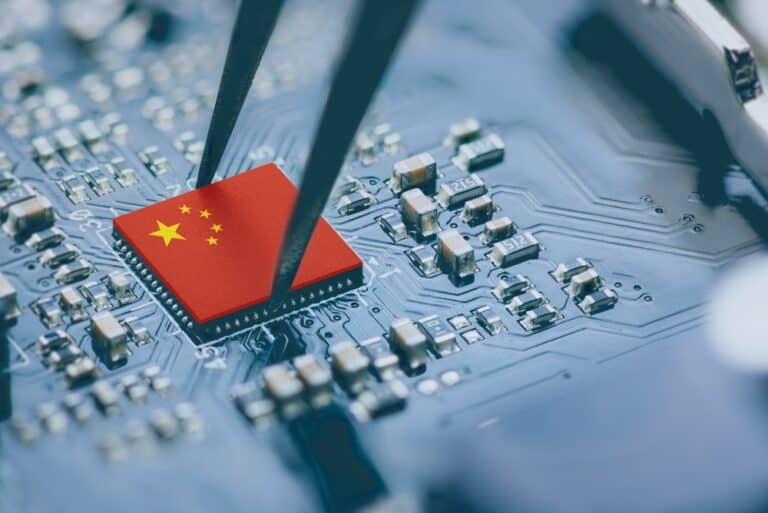The Chinese government has made the decision to run its IT infrastructure entirely on homegrown hardware and software. From now on, municipalities, ministries and other government agencies will not be allowed to use Windows computers or Intel and AMD chips.
In late December, China’s IT security centre published a list of approved processors, operating systems and database software. Instead of using Windows, Chinese government agencies will run Linux distributions created domestically.
Big impact for Intel and AMD
The approved CPUs generally use Arm architectures, although some use x86. However, Intel and AMD, which make virtually all x86 processors globally, are sidelined. China does have a number of alternative suppliers of x86 chips at its disposal, which aren’t as far behind feature-wise from leading offerings as one might have suspected. Financial Times, which first reported on the Chinese blockade of Windows, Intel and AMD, notes that this threatens to become a significant problem for the latter two parties. Intel generates 27 percent of its sales in China, while AMD’s share in this regard is 15 percent. Microsoft’s reliance on China is much smaller, as it states that the country provides only 1.5 percent of its annual revenue.
To get approval, hardware and software vendors must make their full R&D documentation and code available to the Beijing government. Microsoft, Intel and AMD are exceedingly unlikely to do that, locking them out of any deals with the Chinese state. The same goes for database software vendors: the 11 approved products for government use are also Chinese-made.
Also read: Imec forced to cut ties with China
More competitive China
With the decision, China is dealing a blow to the U.S. chip market, possibly in revenge for Washington’s many export restrictions. For example, Chinese customers are not allowed to receive powerful AI hardware from Nvidia or use ASML’s latest EUV scanners. In addition, Western countries have barred 5G equipment and other hardware from Huawei for security reasons.
The American government’s aim is to keep China’s chip technology lagging behind its western counterpart, meaning it cannot outperform it militarily. However, it’s uncertain whether this strategy will actually work. Departing ASML CEO Peter Wennink has already warned that the harsh restrictions could backfire. The pace of innovation in China looks set to accelerate considerably as it strives to supply itself with advanced processors on its own. Tens of billions of dollars, for example, are being put into Huawei to make it a chip superpower.
Tip: ASML turmoil drives Netherlands to better EU coordination on exports
